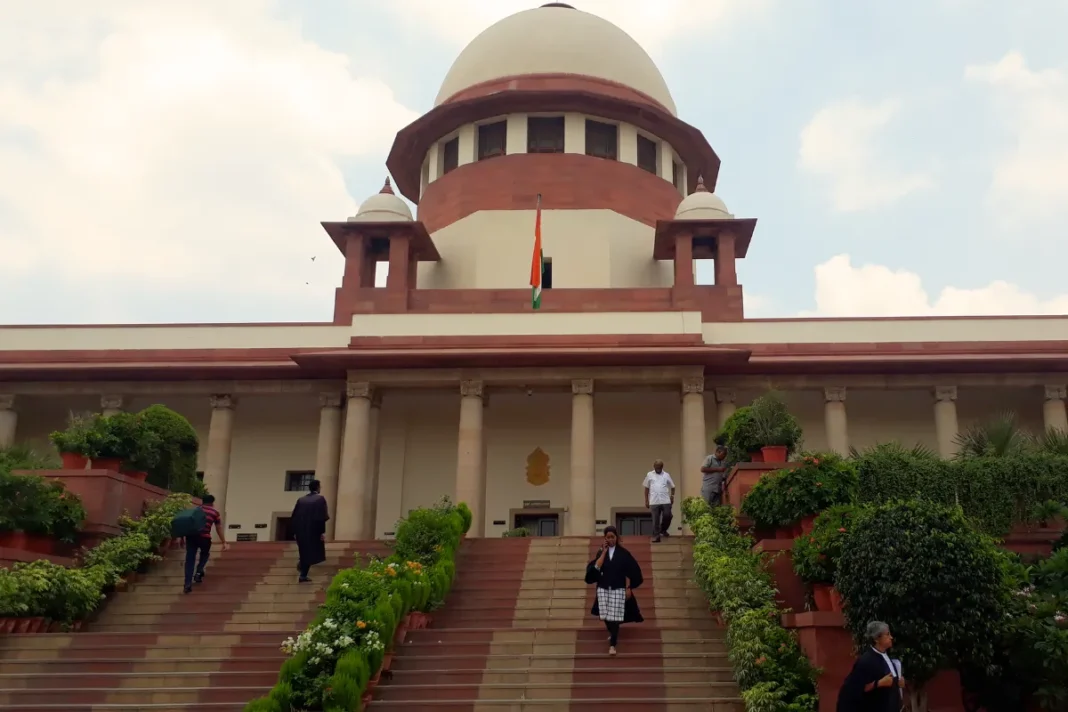In a landmark judgment, the Supreme Court has held that Section 125 of the Criminal Procedure Code – guaranteeing the wife the right to maintenance – is applicable to all married women irrespective of their religion. This decision affirms that Muslim women can also invoke this provision to seek maintenance after divorce.
Landmark Judgment by Justices BV Nagarathna and Augustine George Masih
The judgment was pronounced by a bench comprising Justices BV Nagarathna and Augustine George Masih, who delivered separate but concurring opinions. The case arose when a Muslim man challenged a Telangana High Court order that directed him to pay Rs 10,000 as interim maintenance to his former wife. The petitioner’s lawyer argued that the Muslim Women (Protection of Rights on Divorce) Act, 1986, prevents a divorced Muslim woman from claiming benefits under Section 125 CrPC. However, the Supreme Court bench rejected this argument, upholding the right of Muslim women to seek maintenance under the general law.
DON'T MISS
Maintenance is a Fundamental Right
In its judgment, the Supreme Court observed that maintenance is not a matter of charity but a fundamental right of married women. The court emphasized that this right transcends religious boundaries, reinforcing the principles of gender equality and financial security for all married women.
Justice Nagarathna, while delivering the verdict, stated, “We are hereby dismissing the criminal appeal with the major conclusion that Section 125 CrPC would be applicable to all women and not just married women.”
Recognising the Role of Housewives
The apex court highlighted the indispensable role and sacrifices made by housewives for the family. The bench stressed the necessity for husbands to provide financial support to their wives. Practical measures suggested included maintaining joint bank accounts and sharing ATM access to ensure economic stability for women within the household.
Keep watching our YouTube Channel ‘DNP INDIA’. Also, please subscribe and follow us on FACEBOOK, INSTAGRAM, and TWITTER.



